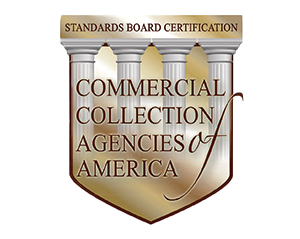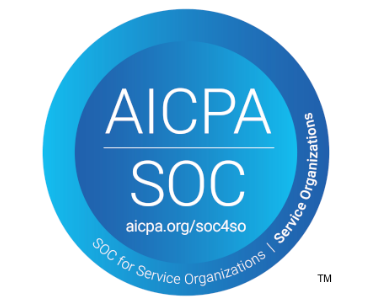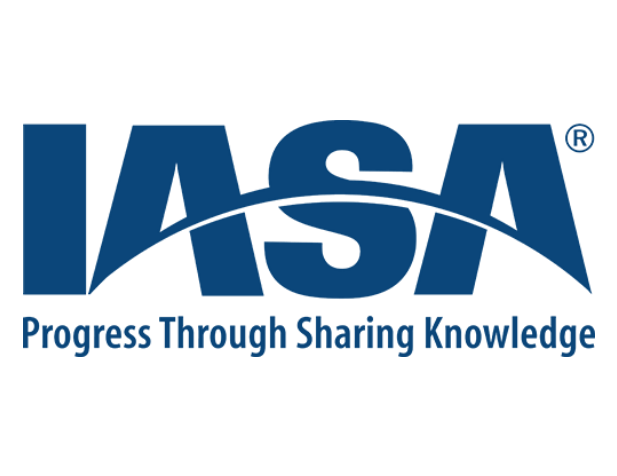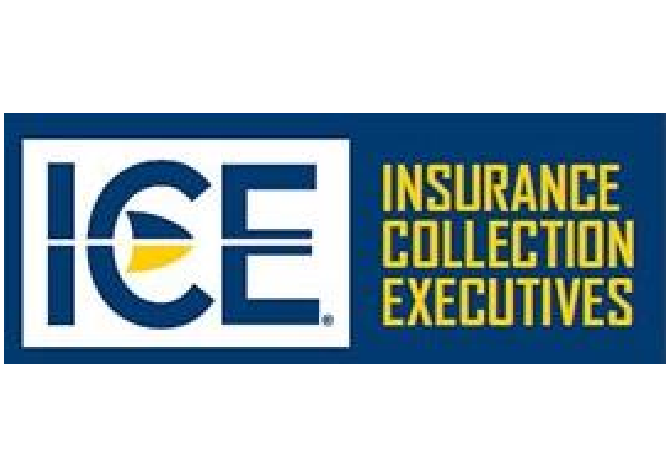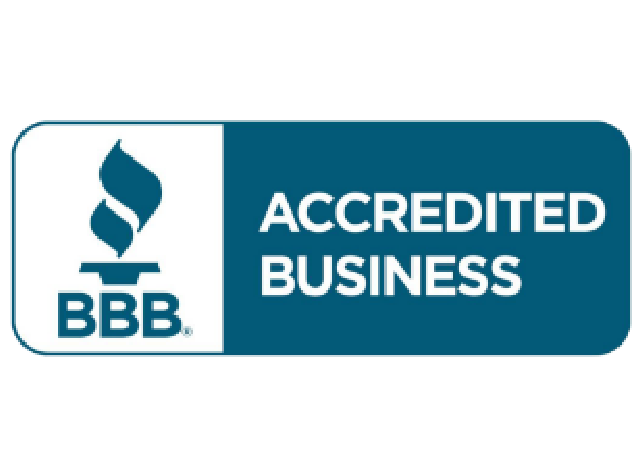Home / News & Insights / September 4, 2019 / ...
FDCPA: Myths and Facts
Ever since it was enacted in 1977, all sorts of misconceptions about the Fair Debt Collection Practices Act (FDCPA) have been held by the very debtors it was created to protect. These myths have taken on a life of their own in the 21st century, when a wealth of dubious financial advice is only a mouse click away.
We often receive letters from debtors citing the FDCPA without really understanding it. They’ve copied and pasted text from some blogger or guru promising to show them how to make all their debt problems disappear, and they’re genuinely shocked when it doesn’t work that way.
Some of the myths people believe about the FDCPA:
It applies to business debts.
There are a few state laws mirroring FDCPA requirements that do apply to business debts, but the FDCPA itself is strictly for consumers. Commercial debts have their own regulations. Even the tiniest mom-and-pop operation. Even a sole proprietor. If the debt was incurred as part of running a business – e.g. commerical liability or Workers Compensation insurance, equipment suppliers, or other vendors – it’s not a consumer debt.
Collectors have to cease all contact upon request.
The FDCPA provides specific protections against constant demands for payment that would disrupt a consumer’s life. Telephone calls in particular are restricted to reasonable hours and frequency. But demanding that collectors “cease and desist” sending even written notices? Unless they’ve been instructed to direct all communications to the debtor’s legal counsel, that’s just not how it works.
It’s a secret gotcha move “they” don’t want you to know about.
An ethical collector would rather work with an educated debtor any day – one who understands both their rights and their obligations under the law. If in doubt, a debtor should seek professional legal advice from a reputable licensed attorney. Nobody should stake their financial future on information from a website or blog.
The truth is, a certified collection agency is intimately familiar with the FDCPA – as well as a host of other regulations and best practices – and maintains a high standard of compliance. Brennan & Clark’s professional negotiators are constantly keeping their education up-to-date, with both in-house training and the Commercial Collection Training Institute program administered by the Commercial Collection Agencies of America.
We’re here to find solutions that work for everyone. To learn more, contact us.
Information presented in this blog is not intended, and must not be taken, as legal advice on any particular set of facts or circumstances. You need to contact a lawyer licensed in your jurisdiction for advice on specific legal issues problems.

